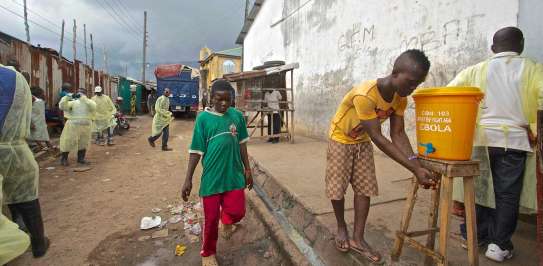Our approach
Christian Aid Ireland collaborates in all areas of its humanitarian work with a wide range of partners and coalitions in order to ensure our response is comprehensive and well coordinated, and that the voice of disaster-affected people is always heard.
We work within our strong and trusted network of local partner organisations to help vulnerable people prepare for, respond to and recover from humanitarian disasters. Our partners are the key to our response as they are present within their own communities, can respond rapidly, know how best to support their own people and they are there for the long-term.
Through our humanitarian work, we aim to:
- Significantly reduce the loss of lives and assets of vulnerable people
- Enable people to manage risks and face disasters with dignity and access humanitarian aid safely
- Support communities living in areas at risk to be prepared for potential disasters and have coping mechanisms in place
- Deliver programmes that respond to the multiple and complex risks faced by the communities we aim to assist at any time
Our Impact
- In 2016/17 Christian Aid responded to 44 emergencies in 26 countries, reaching an estimated 1.2 million people affected by disasters.
- In Nigeria, violence displaced 2 million people and left more than 5 million hungry. We helped 109,000 people get water, food, sanitation and hygiene products.
- Our partners in Serbia and Greece provided much needed assistance to vulnerable refugee families, including food, clothing, community support and temporary accommodation.
- We launched a rapid response to the Nepal earthquake in 2015, carrying out assessments within the first day and a half, a mobile health post was set up in two days, and we started providing food and medical support on the third day in Gorkha at the epicentre.
